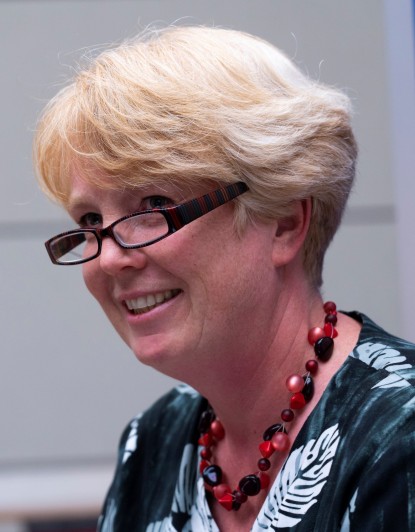The focus of this research area is on the relationship between science, politics, media and the public, on problems of knowledge transfer and on the question of requirements of professional communication. Current work focuses on ecological discourses, the discursive handling of ignorance and uncertain knowledge in science and the media and on positioning of scientists between the media and politics. Particular attention is paid to the knowledge transfer strategies in media formats for children and to applied transformations.
The research topic is advertising communication in various media and its discursive relevance. Other aspects are the development of linguistic methods in advertising as well as conditions and forms of corporate communication.
The research focus is closely linked to the involvement in the international research cooperation European Cultures in Business Communication (Europäische Kulturen in der Wirtschaftskommunikation, EUKO). EUKO initiated a book series of the same name (published by Springer VS, Wiesbaden) and organizes annual international conferences at different locations, aiming to bring science and practice together across disciplines and to offer young researchers a platform.
This focus forms a methodological umbrella over the aforementioned issues, enriched by social linguistics and empirical perspectives. The focus of interest is on text types, discourse patterns and intertextual phenomena in various discourses and disciplines. In line with the points already mentioned, the focus here is on scientific topics (climate, biodiversity, concepts of nature, sustainability) and advertising discourses.
This research focus marks a fundamental perspective that is also relevant for all previous research issues or is effective in research there. On the one hand, it is about the concrete comparison of language cultures of individual European languages as well as of different academic languages, but on the other hand it is always about the fundamental question of what language culture actually is and what it means for the speakers of a society (or a scientific discipline). In recent years, the main focus has been on the question of whether language criticism does not always have to be speaker criticism and what role responsibility and morality (should) play in linguistic language criticism research. The honorary work as spokeswoman of the jury “Unwort des Jahres” (until 2021) has served a fundamental interest in language criticism and enlightenment as well.


